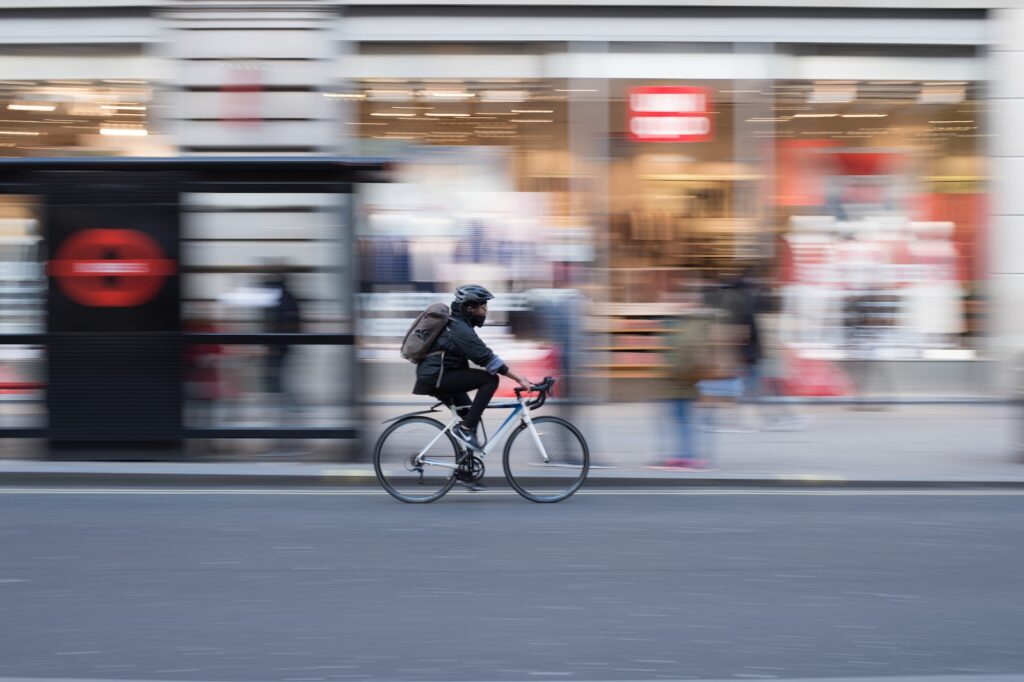Study suggests car clubs promote cycling in cities
Thursday 3rd August is UK Cycle to Work Day. As new research proves, increasing numbers of Britons are rejecting car ownership in favour of shared and active mobility options.
As revealed by Collaborative Mobility UK (CoMoUK), Britain’s national organisation promoting shared transport, more than 100,000 cars have been taken off London’s streets as a result of the rise in car clubs. Since the pandemic, membership in these schemes in the capital has grown by 125%, with more than 3,500 vehicles now available within the city region.
Those using the schemes report saving money and reduced congestion in their local area, but also an increase in physical activity including cycling and walking. Simply put, when you don’t own a car but have a stake in a shared scheme, evidence suggests you’re more likely to opt for a mixture of travel modes, including pedal power.
From the 3,000 respondents to the study, 70% had used a car between one and five times in the past 12 months, and 24% reported a ‘constraining health condition’ meant they needed a car for most of their journeys. More than 50% would have used taxis or hire cars if it weren’t for the option of joining a car club, and one third of members cycled at least once in the last week. This is significantly higher than the London-wide average for cycling, 18%.
‘Being a member of a car club can also bring a range of other benefits. Members are more likely to walk and cycle, they save money and feel like they’re making a positive difference to the planet… Car clubs across London have increased in popularity and are making a big difference to people’s lives and the environment,’ said Richard Dilks, Chief Executive of CoMoUK. ‘Our report shows each [car club] car takes 29 private vehicles off the road, reducing congestion and cutting pollution.’
More on cycling and car clubs:
WATCH: Sport England’s active design guidance is essential for planners
Downing Street’s ‘new’ active travel funding is needed, but nothing new
England’s 1/3 active travel budget cuts leave ‘net zero in tatters’
Mobility hubs are key to encouraging sustainable travel, charity says
‘Pay as you go’ car use could save thousands of tonnes of CO2

















